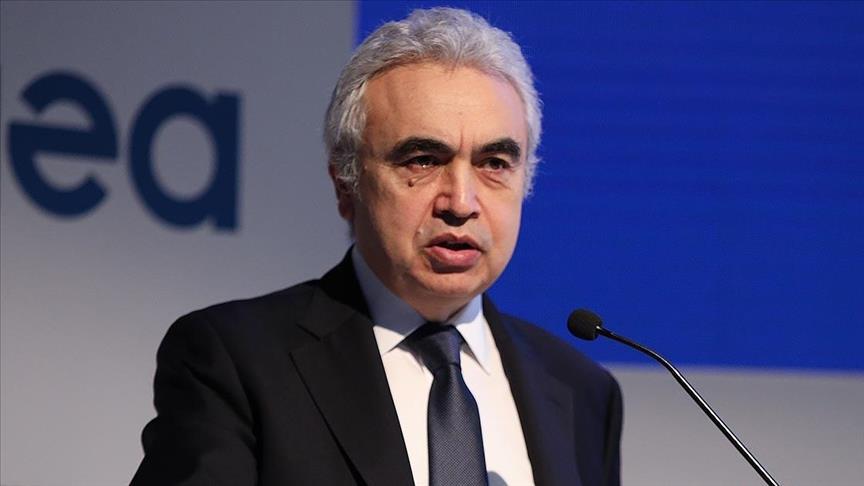International Energy Agency's (IEA) head, Fatih Birol, said that the world is going through the first global energy crisis but despite the challenges, the crisis may well be a turning point in energy policy making for the next years to come with the energy efficiency at the heart of the policies.
Birol's remarks came at the opening session of the IEA's 7th Annual Global Conference on Energy Efficiency, taking place in Sonderborh, Denmark. The conference is jointly organized by the IEA and the Denmark's Ministry of Climate, Energy and Utilities with support from Danish engineering company Danfoss.
Reminding the developments after the 1970s oil crisis when the efficiency of the cars were improved to a great extent, Birol noted that this crisis may be another reason for accelerated action on energy efficiency.
IEA announced two different 10 points plan with recommendations to cut oil and gas use for reducing European Union's (EU) reliance on Russian fossil fuel imports.
If European consumers reduce their average temperature by two degrees Celsius, it could save 20 billion cubic meters a year which is equal to the natural gas coming from Russia via Nord Stream I, he said. There could be difficulties in the upcoming winter on the supply side so demand-side measures to reduce consumption are of critical importance to fight the challenges, he added.
Birol also warned against a potential increase in oil demand during the summer months as the driving season and many oil products may well be experiencing a tightness of supply.
Thus, he said that measures to reduce demand for oil products need to be taken.
"So there are things that are in our hands. And these are some immediate responses to the crisis but there can be some structural ones. Our new analysis shows very clearly that without new technologies and if the countries perform the best practices, energy efficiency measures will save energy equal the entire energy consumption of China," he noted.
"I do not know any other solution than energy efficiency that can simultaneously address our economic crisis, energy crisis and climate crisis problems simultaneous."
- Without energy efficiency, decreasing reliance on Russia impossible
The European Commissioner for Energy, Kadri Simson, reminded the EU's REPowerEU plan which includes three pillars which are diversification of energy supplies, an accelerated rollout of renewables and saving energy both through short term energy saving measures and long term more structured improvements.
"No matter how hard we work, we have renewable deployment and find alternative energy supplies to get rid of dependence on Russian imports this decade and earlier, it will be impossible without saving energy," she noted.
Simson noted that the plan focuses on achieving immediate energy savings through behavioral changes which could cut gas and oil demand.
She stressed that the developed countries need to lead the way in energy savings by avoiding the resource intensive solutions.
By Nuran Erkul Kaya in Sonderborg, Denmark
Anadolu Agency
energy@aa.com.tr


